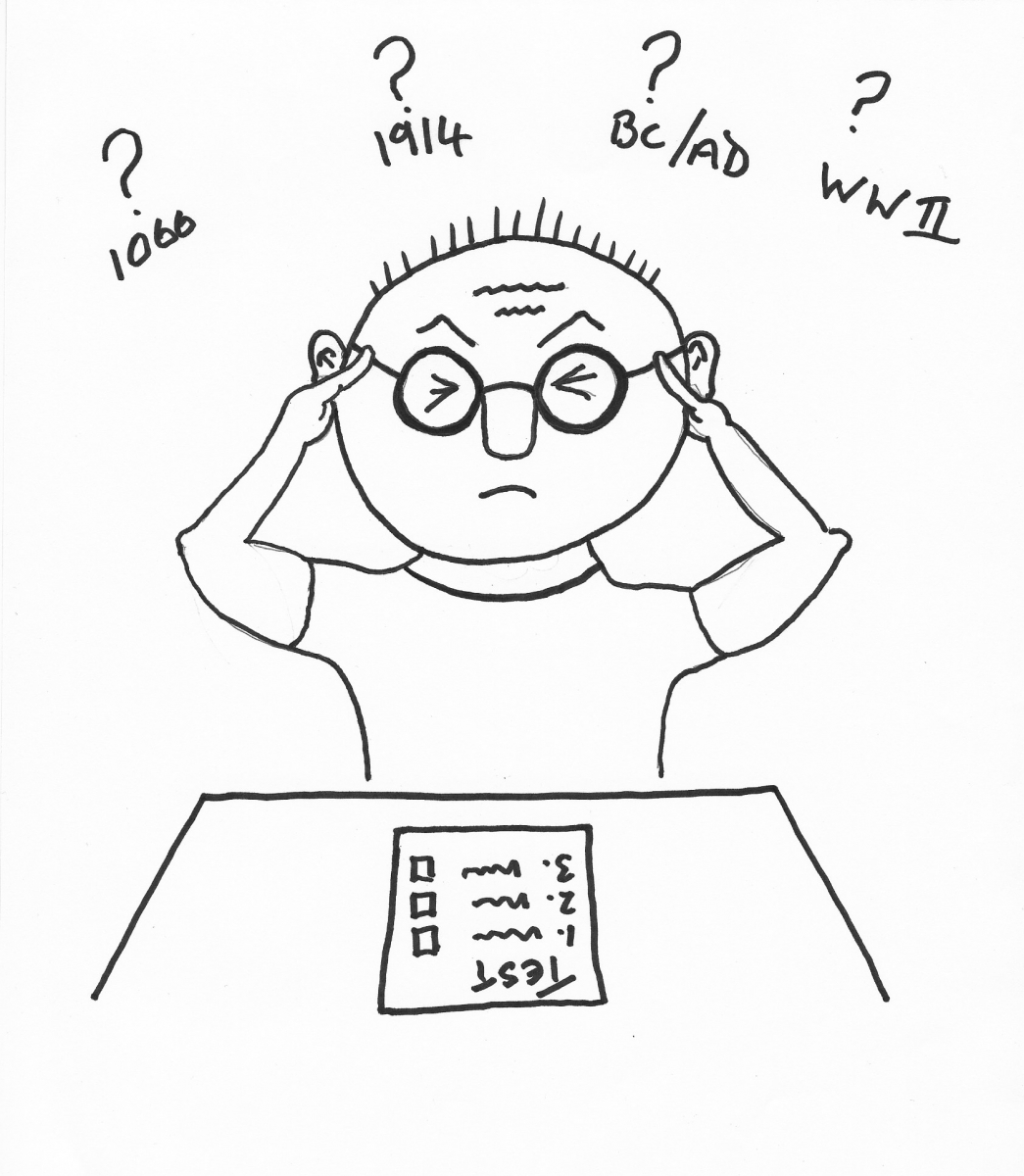Retrieval Practice; can you really improve learning with quick-fire quizzes?
Retrieval Practice is trending right now in UK education as teachers and home educators are understanding the value of low stakes quizzing to accelerate learning. Here we take a quick look at what it is and how it works.
So what is Retrieval Practice?
According to the website, retrievalpractice.org
“retrieval practice is a strategy in which bringing information to mind enhances and boosts learning”.
Simply put, it’s the act of trying to recall information without having it in front of you. For example, when a child recalls a fact they’ve learned about Henry VIII, it will improve their learning to a greater extent than if they had simply looked up the answer online or in a textbook.
You might be thinking, this retrieval practice is nothing new, I mean, who remembers practising spellings verbatim only to later recall and write them down in a short test? Or the concept of flashcards, they’ve been around forever right? Both of these activities are based on retrieval practice.

But what’s new is that in recent years cognitive psychologists have discovered that nothing cements long-term learning as powerfully as retrieval practice. The practice of remembering previously studied information is found to be more advantageous for long-term retention than restudying that same information; it’s a phenomenon often called the “testing effect.”
The concept is nicely explained by Jennifer Gonzalez from Cult of Pedagogy “When we teach something once, and then want to do something else to help students learn it better, instead of just reviewing the content, we’re much better off giving something like a quiz instead. In other words, if we do more asking students to pull concepts out of their brains, rather than continually trying to put concepts in, students will learn those concepts better”
The very act of being quizzed actually helps students learn better.
Why is Retrieval Practice so effective?
Retrieval practice is effective because it forces us to pull the knowledge out of our heads and in doing so we excise and strengthen our memory.
Recalling information creates stronger memory traces and increases the likelihood that the information will be transferred to the long-term memory.
It might seem like a struggle, but to recall knowledge learned is proven to be much more effective than re-reading, taking notes, or listening to lectures.
It’s precisely the challenge of recalling information that improves our memory and learning – by trying to retrieve information, we exercise or strengthen our memory, and we can also identify gaps in our learning.
Because retrieving information requires significant effort, it’s important to note that students may not think they’re doing well if they can’t remember something, but it in fact when their greatest learning will take place.
How can I use retrieval practice?
There are several ways to include retrieval practice into lessons:
1. Tests & quizzes; simple tests are one of the most straightforward ways to implement some retrieval practice into your lessons, but make sure students don’t look at their books or notes. The whole purpose is to ‘pull’ the information out of their heads.
2. Flashcards; these are really useful and easy to create, but it’s important to remember that students mustn't flip the card over for the answers prematurely, just thinking they know the answer.
3. Write it all down; get students to write down everything they know about the topic. This will identify any gaps in learning so that they can go back over those things again. Little and often is best, that way the next time they recall and write everything down, there will be a couple of extra things they have remembered.
It’s important to note the research clearly shows that retrieval practise is more effective when carried out regularly, i.e. using quizzes or other valuable retrieval tools throughout a topic, rather than cramming at the end. So be sure to keep testing activities short and repeat them regularly.
Encouraging students to test their knowledge of key information they will enhance their ability to retain what they know.
There’s a wealth of information and resources to be found on the web, in particular on the science behind retrieval practice as well as some very useful tips and ideas on incorporating this method of learning into your everyday teaching in Retrieval Practice by Kate Jones.
But in the meantime, there’s a really useful resource for history teachers and primary teachers at 60 Second Histories where you can try out hundreds of readymade, low-stakes history quizzes. Children can absorb content from short history clips, packed with key information and then take a quiz afterwards. 60 Second Histories identifies gaps in their learning through scoring, provides correct answers where necessary and may even suggest taking the quiz again. This is a super retrieval activity that can be done in class, or individually at home. Check it out at 60SecondHistories.com
Happy quizzing!
#RetrievalPractice #Quizzes #ImproveLearning


